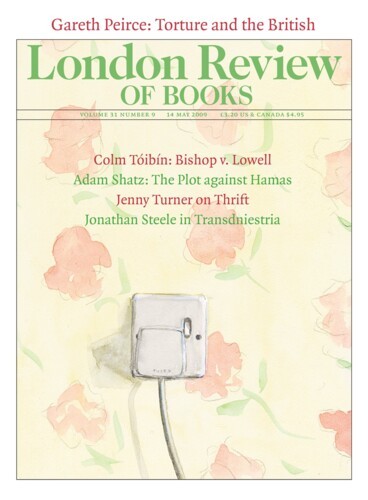Tim has been filed
in Yellow Faction
at school. He is frustrated
and angry: he wants to be in Red
Faction, especially for the Cross Country,
which even five-year-olds train for in the Bush.
Character building. Robust. Preparatory.
I take him out to the garden
where I have piled the spent broad bean stalks,
grey ropes of pea vines,
dead clumps of wild oats,
for a quick burning-off. We are
making ash for the next generation,
I tell him. The fire whips about in the cold
late autumn easterly. It should cut apart
the flames but incites them. Tim,
analytical as always, notes the colour of flame
and distance of colour from the fuel. The orange
and yellow flames, furthest away, linger longer,
waver. I say: see, yellow is fast,
and yellow is the colour of the sun,
it is the body of the flames, orange
is the colour of the sun, it is the body
of flames. But Tim is also suspicious
of orange. When he hears a slow ballad
sung in French by, say, Piaf, he says: I don’t
like it, it makes me see orange in my head.
He and I, from a distance, consider
the waverings of orange and yellow. He
interrupts the burn-down – smoke making day
night, and wisps of ash fluttering about
like something good – and says: fire
is red too and red is a great colour,
and the flames closer to what’s burning
are almost blue. Blue is the fastest colour.
Inside the sun is the blue of our souls.
All other colours are fed by blue
and it makes us fast.
A few days ago,
during a sun shower, Tim said that rain drops
don’t let some colours of the spectrum
through. Or even let them exist, like indigo,
which must be in the fire too.
Send Letters To:
The Editor
London Review of Books,
28 Little Russell Street
London, WC1A 2HN
letters@lrb.co.uk
Please include name, address, and a telephone number.

